Words by Ewald Damen, partner and creative director at Virgile + Partners.
I shall never compare myself to Greta Thunberg and must admit to a heavy carbon footprint from travelling to most corners of the world – with the associated environmentally-conscious guilt.
With increasing awareness, we have learned more and more in the past few decades about our detrimental impact on the planet and how change is not only desirable, but essential, as we reach a point of no return. Governments and individuals have a responsibility to act, and so too do brands at all levels – as they must acknowledge their equal obligation to change their environmental impact. This includes the hotel industry – and considering its influence and scale, it should be leading in an eco-friendly and sustainable approach.
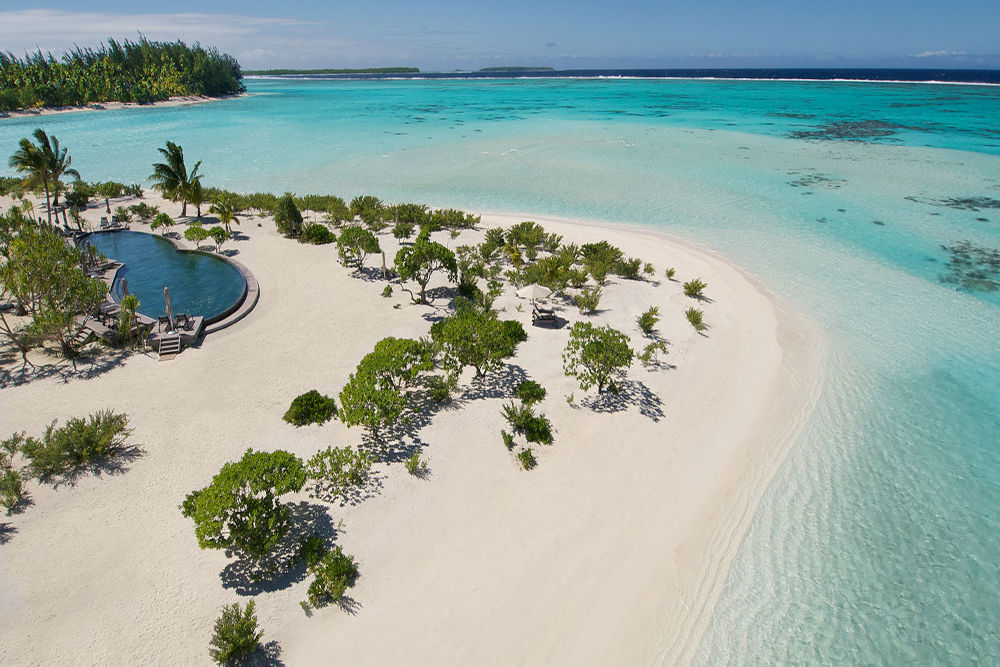
For many years, hotels have encouraged their guests to reuse their towels and change bedsheets every three days. It is questionable if this was done for its environmental benefit or as a disguised cost and housekeeping cut. Whatever the reason, it is time for hotels to step up their game and become serious in their sustainable intentions.
The growing awareness and concern about the world we live in has changed the guest mentality to a point where scratching the surface is simply not enough. Sustainability is no longer an added brand value – it should be imbedded in its core thinking and operations.
The tone on sustainability is often set by eco-friendly resorts residing on tropical islands, where a ‘return to nature’ is enhanced by an environmental full concept. Accommodation pods scattered in a tropical landscape and built with local materials are a perfect backdrop to experience the setting. These resorts are often the result of an individual’s strong vision – where an independent hotelier has chosen to protect a particular region as part of the full experience.
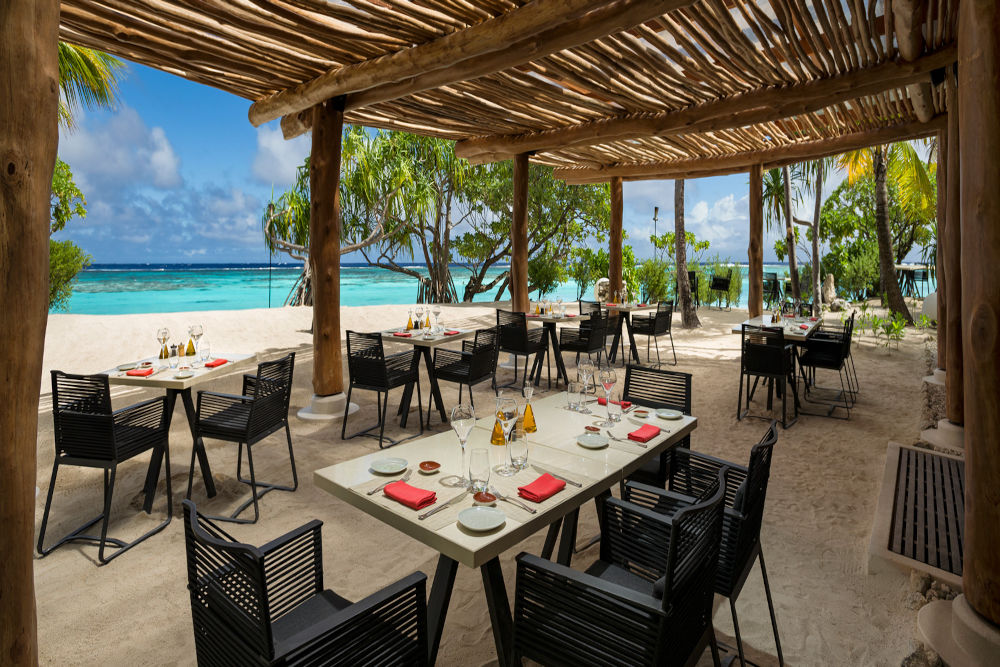
Marlon Brando was one of these idealists, creating his vision of the most luxurious eco-resort on his Onetahi island in the Tetiaroa Atoll in French Polynesia. The Brando does more than just recycling and renewable energy, it actively tries to engage its guests in carbon neutrality. Its Tetiaroa Ecostation is designed to educate guests through experiential learning programmes on the natural and cultural habitat of the archipelago – and in doing so, heighten their appreciation and awareness.
Isolated hotel and resort environments, where guests are near nature, have been early adopters of sustainable holiday experiences. Sustainability seems a logical must when staying in a luxury eco-chalet in the Whitepod resort high up in the Swiss alps, or off-grid at the Urnatur forest resort in Sweden. Having stayed off-grid myself several times, the beauty of nature and isolation is the added value and feel good factor of the eco-lodge, but this formula clearly does not work for all hotels and resorts. Urban environments will need to think of other ways to imbed a sustainable way forward.
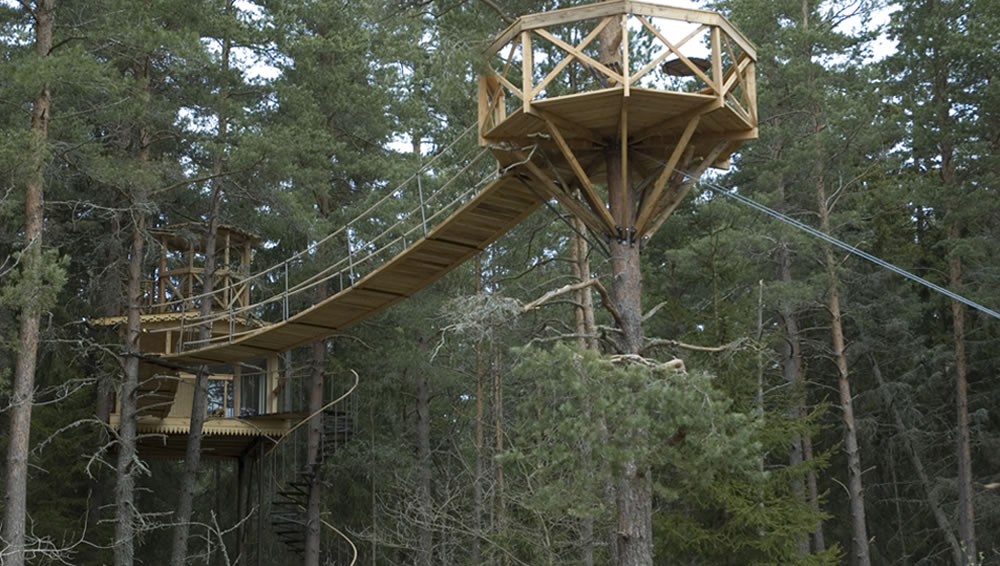
Hotels and hotel chains often pride themselves on environmentally friendly practices, but too often their efforts are meagre. A throwaway toothbrush made from bamboo is not necessarily helping the environment much more than the plastic one and eco-friendly shampoo in a (recycled) plastic tube is still not carbon neutral. Looking at the ‘sustainable’ hotel offer in London for example, hotels are quick to jump on this bandwagon but one can question if some on the list even remotely qualify.
During the research for this article, one London hotel boasted of being “fabricated around the concept of sustainability” with its main restaurant “living up to the eco-conscious hype with an array of organic ingredients”, while others don’t get much further than disposable cutlery made from biodegradable vegware and coat hangers fashioned from reclaimed wood. Neither give confidence, their efforts are more than just a trendy façade.
Small gestures must become bigger efforts to make a real change in the hotel industry’s carbon footprint. Reduced energy consumption, waste reduction and local seasonal organic produce are some of the many easy fixes that existing hotels can look into, but it will need to go further still. The Cavendish in central London reduced its carbon emission by 50% back in 2009, yet still seems to lead the category.
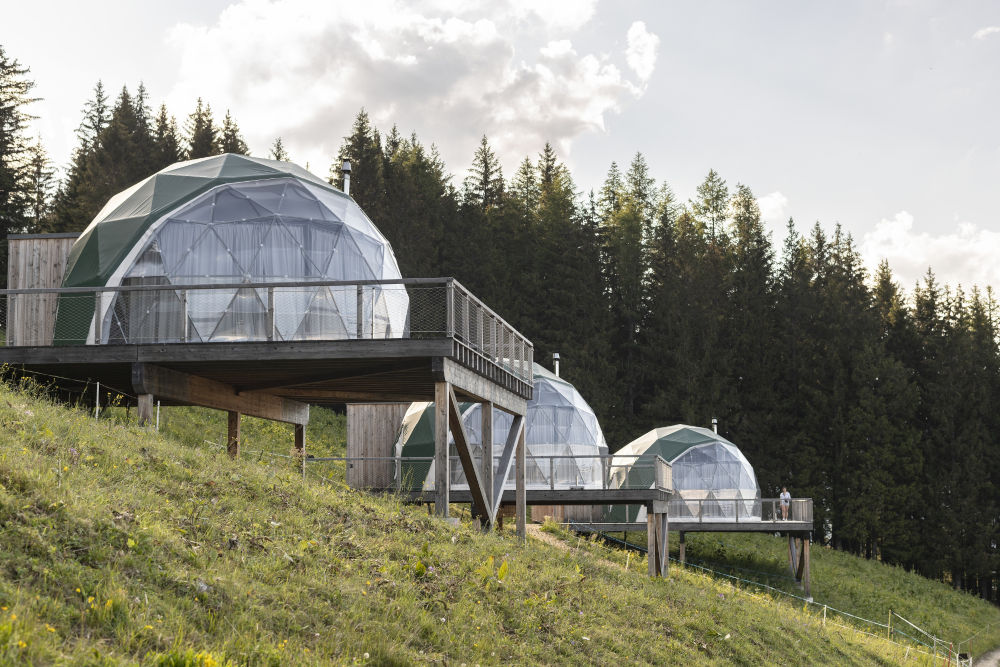
Construction and refurbishment form a big part of the environmental impact of a hotel not just in terms of material use, but also the impact on its operations and running. Throughout its portfolio, the Marriot group has more than 150 LEED (Leadership in Energy and Environmental Design) accredited properties, with some at silver, gold and platinum status. Although this is a good start, it is only about 2% of its 7,500 plus hotel portfolio.
In 2021, there were only about 50 Marriot hotels globally with a LEED platinum status and about 2,000 accredited out of nearly 700,000 hotels in the world. Without some form of regulations that follow principles such as the voluntary Green Key Eco Rating and the Green Seal, claiming sustainability has little meaning.
If the impetus does not come from the brand, it may well come from the visitor. Guest behaviour and expectations are changing. A recent YouGov survey found that since July 2020, 39% of Brits are considering choosing eco-friendly hotels. Another study in the US found that 68% of Americans [source: American Express Travel Global Trends Report, 2021] want to reduce the impact of their travel on the environment. A more global consciousness will certainly see people searching for more carbon neutral alternatives, and hotels will need to adapt to meet these demands.
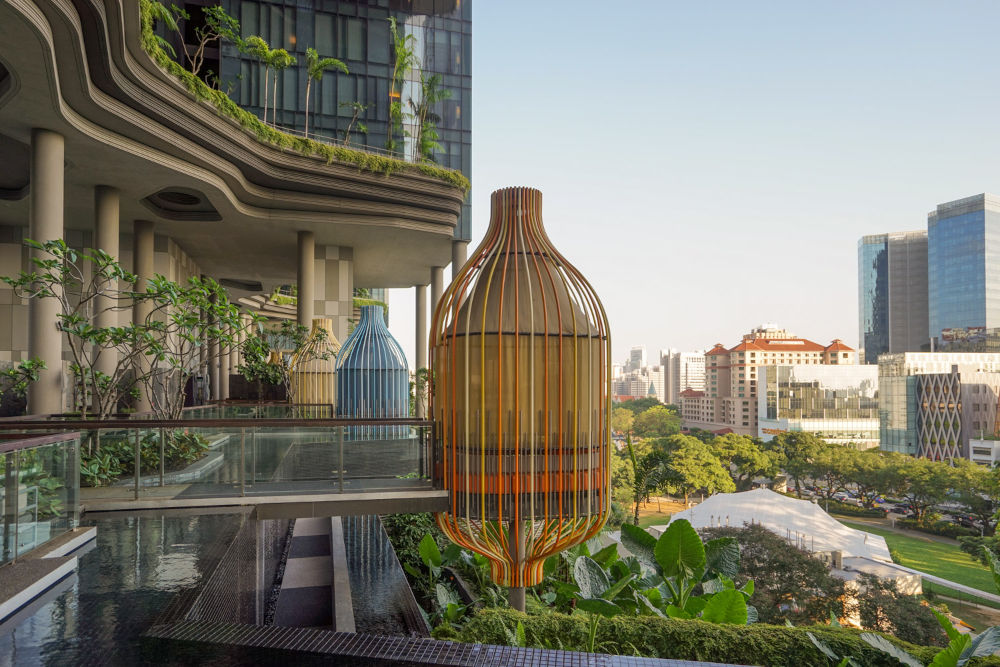
The glamour of the tropical island resorts such as the Brando – where sustainability is part of the experience – still feel a million miles away from central hotels in dense cities, where sustainability might be more complex but is equally important.
Sustainability does not need to be the driver or sole aspect of the hotel, but it should be embedded in the building blocks of hospitality. When approached with an innovative mindset we see exciting concepts like the ParkRoyal on Pickering in Singapore, the Waldorf Astoria in Las Vegas and the Park Hyatt in Hyderabad, India – all proving it is possible to achieve a sustainable setting within an urban landscape, without compromising the more traditional guest expectations of their five-star clientele.
The post Here to stay: How luxury hotels need to meet sustainable expectations first appeared on Luxury Lifestyle Magazine.